Subgrantee Group
Sexual Morality, Evolution, and Religion
Principal Investigator: Rebecka Hahnel-Peeters, The University of Texas Austin
Meaning-making frameworks are central to human belief formation and can inform how individuals conceptualize the world around them. Religions often provide a coherent framework for meaning-making, addressing key existential questions such as: Where do we come from? What is our place in nature? What happens to the core of our spiritual existence after death? Interestingly, evolutionary theory also provides a cogent framework for meaning-making and answers these same questions. However, a key concern that remains unanswered is whether and how individuals reconcile these disparate meaning-making systems, rendering them psychologically compatible or incommensurate with each other in order to develop meaning and purpose in life. There is also debate surrounding the centrality of morality within religion-based meaning-making systems. It is unclear if morality is a result of religious training, if it exists independently of religion, or if there are evolved cognitive mechanisms responsible for prescribing moral norms. Additionally, research has yet to explore how specific aspects of morality—such as codes of sexual morality—might be central to religion-based meaning making systems, and how these codes may impact an individual’s sexual attitudes and behaviors. We seek funding to conduct an extensive, cross-cultural study to explore these links by addressing core questions about standards of human moral systems within the sexual sphere of human behavior. Understanding how moral norms surrounding sexuality relate to religion and evolutionary frameworks cross-culturally will allow us to advance our understanding of how these meaning-making systems are rendered adaptive in specific environments.

